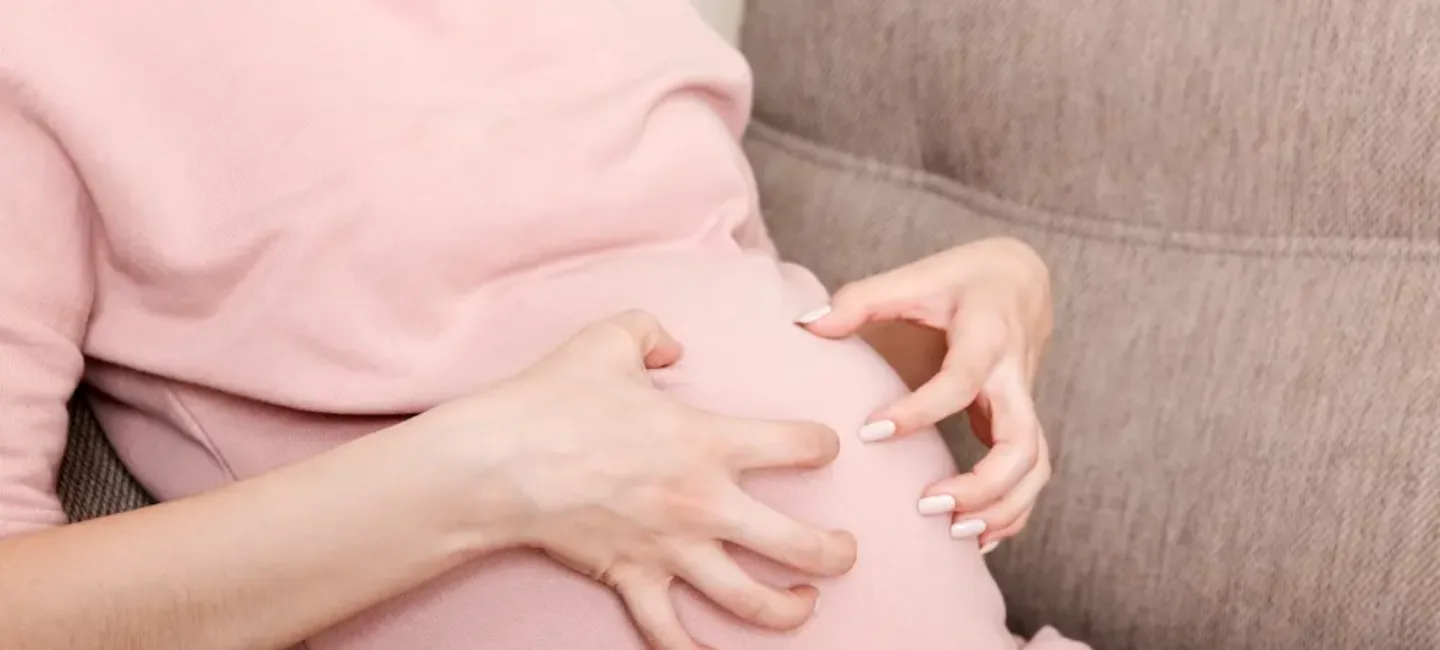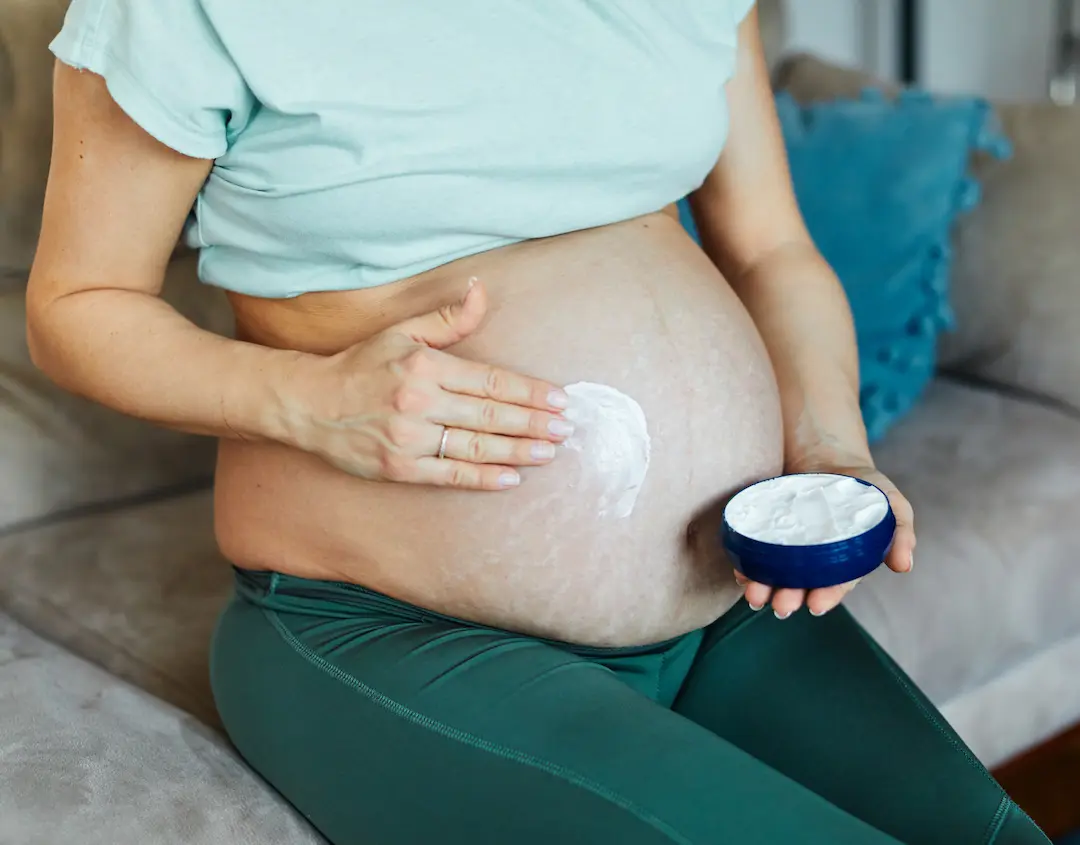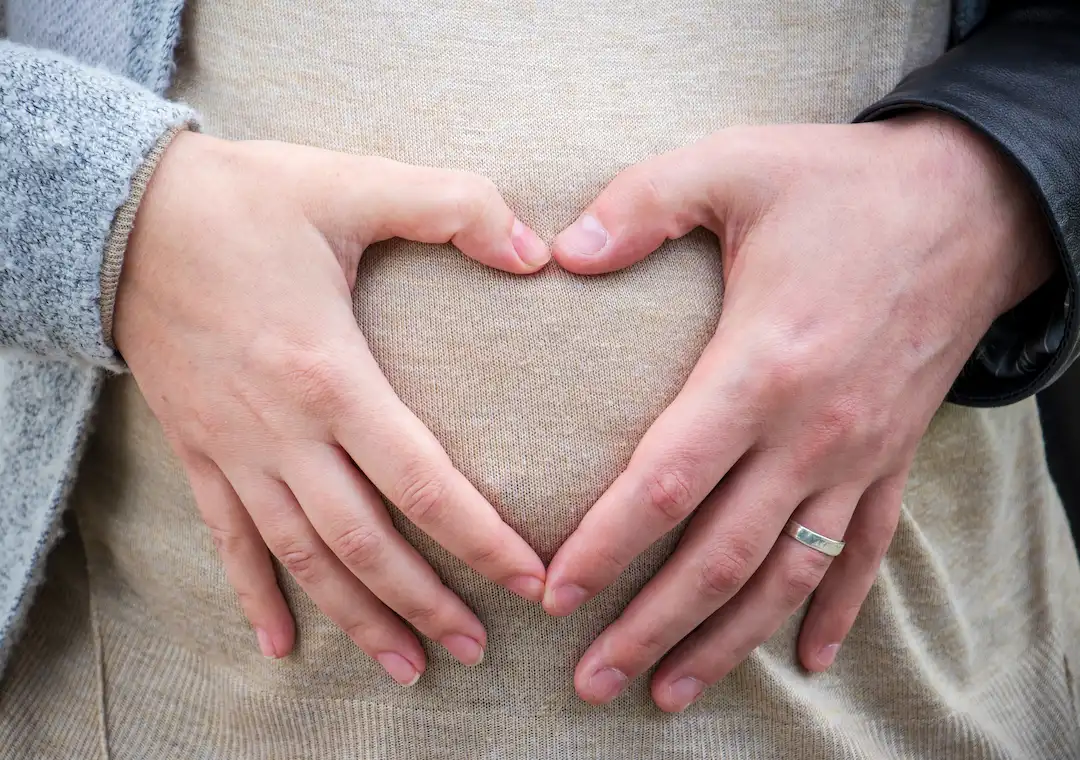
Taking a Bath After a Membrane Sweep: Precautions and Advice

Here’s one of the lesser-known discomforts of pregnancy: itching. From simple dry skin to cholestasis, itching during pregnancy is common. What causes it? When should you be concerned?
Itching during pregnancy: let’s break it down.
There are many causes of itching during pregnancy, most of them linked to the hormonal changes happening in your body.
During pregnancy, hormonal fluctuations are inevitable and can have significant effects on your skin. Pregnancy hormones like estrogen and progesterone can cause dry skin and, as a result, itching. This phenomenon is often worsened by increased sweating and a higher blood flow to the skin, which can lead to irritation.
Due to these hormonal changes, your skin may become more sensitive to everyday products such as certain creams, soap, or even laundry detergent, causing redness or skin rashes. That’s why during pregnancy, healthcare professionals often recommend the most natural products possible (and thus less irritating).
Several pregnancy-specific skin reactions (often hormone-induced) can cause itching. Intrahepatic cholestasis of pregnancy, a liver condition, is one of the most serious, causing intense itching, especially on the belly, palms of the hands, and feet, often without any visible rash. These symptoms require urgent medical consultation due to the risk of complications (sometimes requiring labor induction).
Less serious but still uncomfortable, eczema and atopic dermatitis may cause itching during pregnancy, along with redness. In these cases, we recommend you see a dermatologist.
Stretch marks, common among pregnant women, usually appear on the belly, thighs, and breasts as the skin stretches—and they can also cause itching.
When you’re pregnant, you’re more likely to develop infections due to hormonal changes that affect your vaginal flora and immune system. These infections, often asymptomatic, can sometimes cause burning and itching. Yeast infections are also common during pregnancy and can cause itching and redness around the vulva and vagina.
Want to learn more? Feel free to download the May app, where you’ll find plenty of resources to support and guide you throughout your pregnancy.
Itching during pregnancy is often mild and usually only requires some simple changes to your daily habits (switching body care products, moisturizing your skin, choosing breathable clothing fabrics…). However, certain symptoms should prompt you to seek medical advice quickly to rule out complications.
In all cases, don’t hesitate to discuss your symptoms with your doctor or midwife during your prenatal checkups. They can advise on intimate hygiene best practices, suggest appropriate creams to relieve dryness or irritation, and refer you to a dermatologist if needed.

When dealing with pregnancy-related itching, several treatment options are available.
After your consultation, your doctor, midwife, or gynecologist may prescribe a medical treatment to relieve your itching. The treatment will of course depend on the cause of your symptoms.
If your itching does not require medication (which must be assessed by your healthcare provider—itching should never be taken lightly), some natural tips can help relieve the discomfort.
And finally, try not to scratch! Easier said than done, but avoiding it helps prevent worsening the irritation or causing secondary infections.

Itching during pregnancy can be especially uncomfortable, but some preventive measures can help reduce the chances of it occurring. Here are a few:
Itching during pregnancy is quite common and can have multiple causes. In any case, don’t hesitate to consult or ask questions to the May team’s professionals if you have any doubts.

**
Photos: Tonefotografia | snegok1967 | dvatri | wirestock
This text was translated from French by an artificial intelligence. The information, advice, and sources it contains comply with French standards and may therefore not apply to your situation. Make sure to complement this reading by visiting the May US/UK app and consulting the healthcare professionals who are supporting you.
Some of the links below may no longer be active. In that case, please feel free to refer directly to the relevant websites.
These resources might interest you

Taking a Bath After a Membrane Sweep: Precautions and Advice


Coloring your hair while pregnant: what precautions should you take?